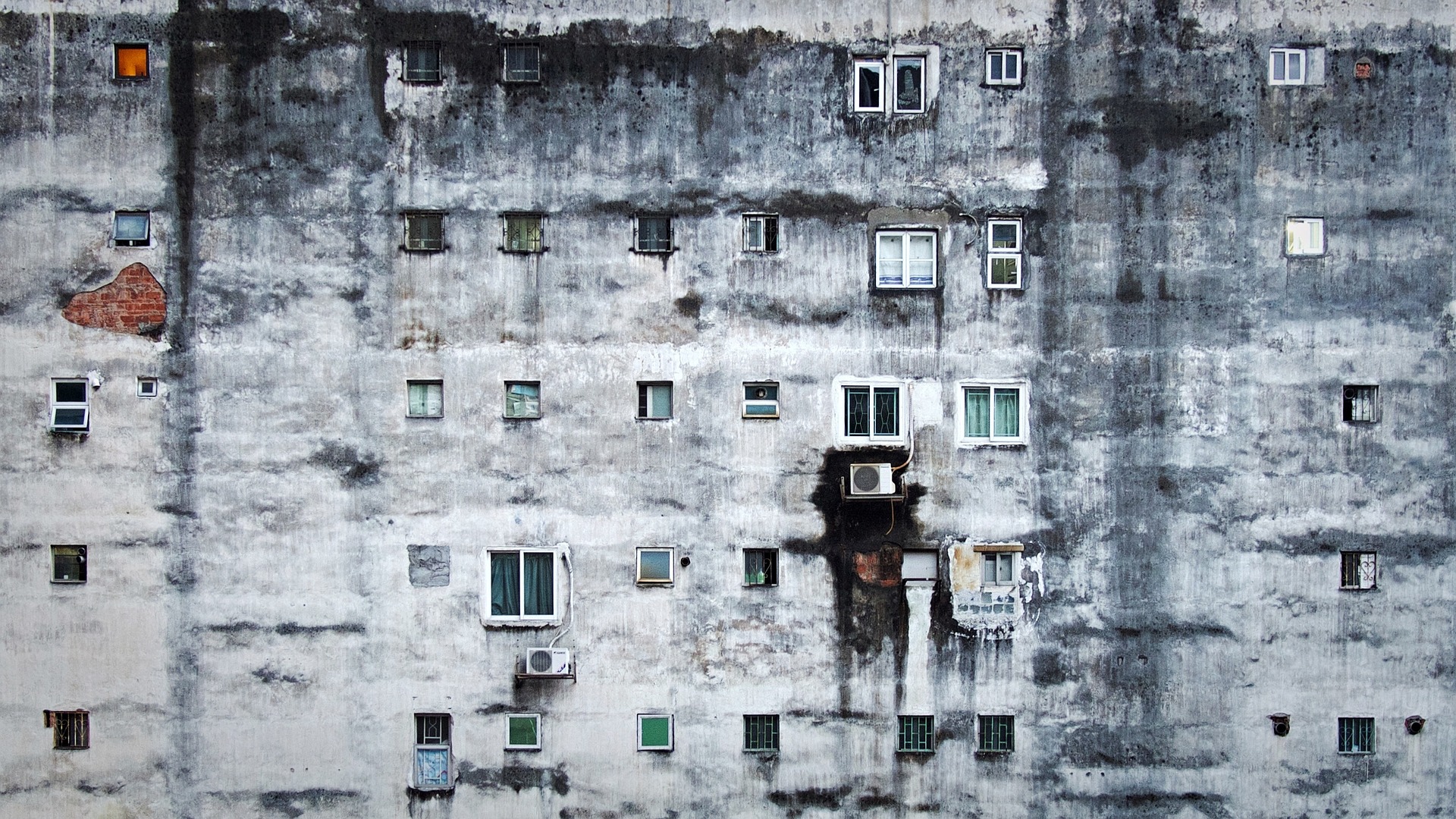Being rich doesn’t make you a better person, and being poor doesn’t make you a worse one

Subtle undercurrents of North American society tell us there’s an association between being poor and a lack of personal will. It’s the inability, for example, of a single mom with two kids and a full-time job to ‘pull herself up by the bootstraps.’ Though it’s rarely vocalized, poor people are generally made out to be the cause of their own suffering. This is a deep-seated belief that exists because of the framework we live in, known as late-stage capitalism.
Late-stage capitalism is the system that glorifies the ways wealthy people get wealthier and belittles poor people for failing to do the same thing. It’s the story of the widening gap between rich and poor, and the structures that let the rich get richer at the expense of the poor. The assumption that those who have “succeeded” in a system rigged in their favour — that they must have done something right with their lives to be so rich — underlies the subsequent association that being poor means you must have done something wrong.
Maybe the most disturbing part of the experience of poverty today is the way the media perpetuates negative stereotypes about the poor. The idea of “intrinsic immorality” — that some people are just less moral and therefore less deserving of wealth than others — runs deep in subtle ways.
People fail to consider how historic systems of treating people differently are the source of so many of today’s problems.
Mainstream media, for example, constructs Black characters in North American societies as archetypally unintelligent, unmotivated, and deviant.
Consider the way shows like Shark Tank or Top Chef, which seem innocuous enough, were actually proven to reienforce those stereotypes by portraying African-American characters or contestants as exaggeratedly reactionary and incompliant. These constructed ideas about the way social groups act affect real-life perceptions and also suggest there has to also be something really “wrong” about them if these groups fall along socioeconomically disadvantaged lines.
After all, we live in a supposedly “equal opportunity society,” so there must be something inherently immoral about their character that keeps them from achieving the socially-defined success that comes with being rich, or at least not poor, right?
As a result, the poor in North America are frequently given the responsibility of overturning systemic and intergenerational legacies of trauma that often cut along racial cleavages as well. People fail to consider how historic systems of treating people differently are the source of so many of today’s problems.
For instance, legacies of racial inferiority that were used to justify slavery bled into segregationist-era thinking, which subsequently bled and continues to bleed into the current suburban-urban divide in American cities like Detroit and Chicago. And while some are able to break the poverty cycle and rise to a higher socioeconomic class, not everyone is handed the same happy mixture of hard work, opportunity, and pure luck as is Will Smith’s character in The Pursuit of Happyness.
Nothing about success (or the perceived lack thereof) in capitalist societies is inherently moral or immoral. Being rich doesn’t make you a better person, and being poor doesn’t make you a worse one either. Without considering context and the structural ways many societies have been set up over time, moral condemnations on the poor simply don’t make sense.






